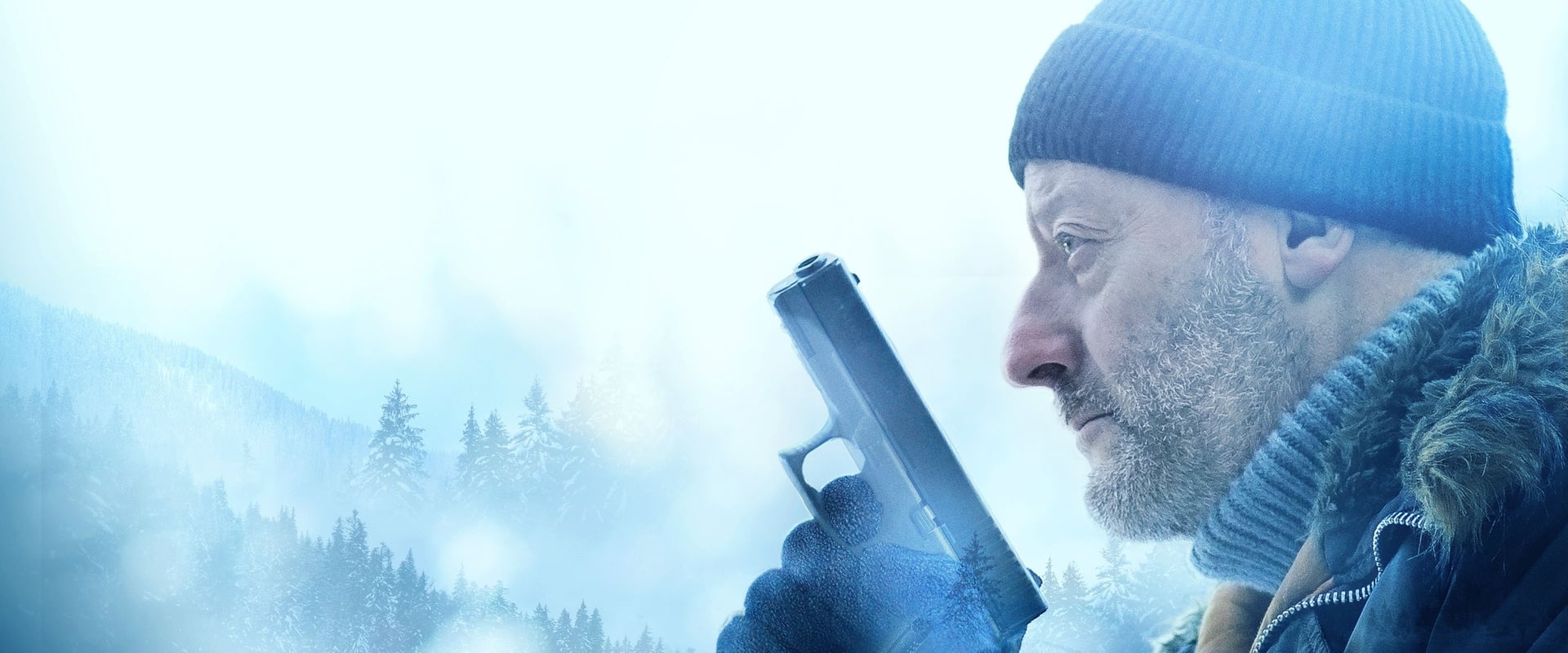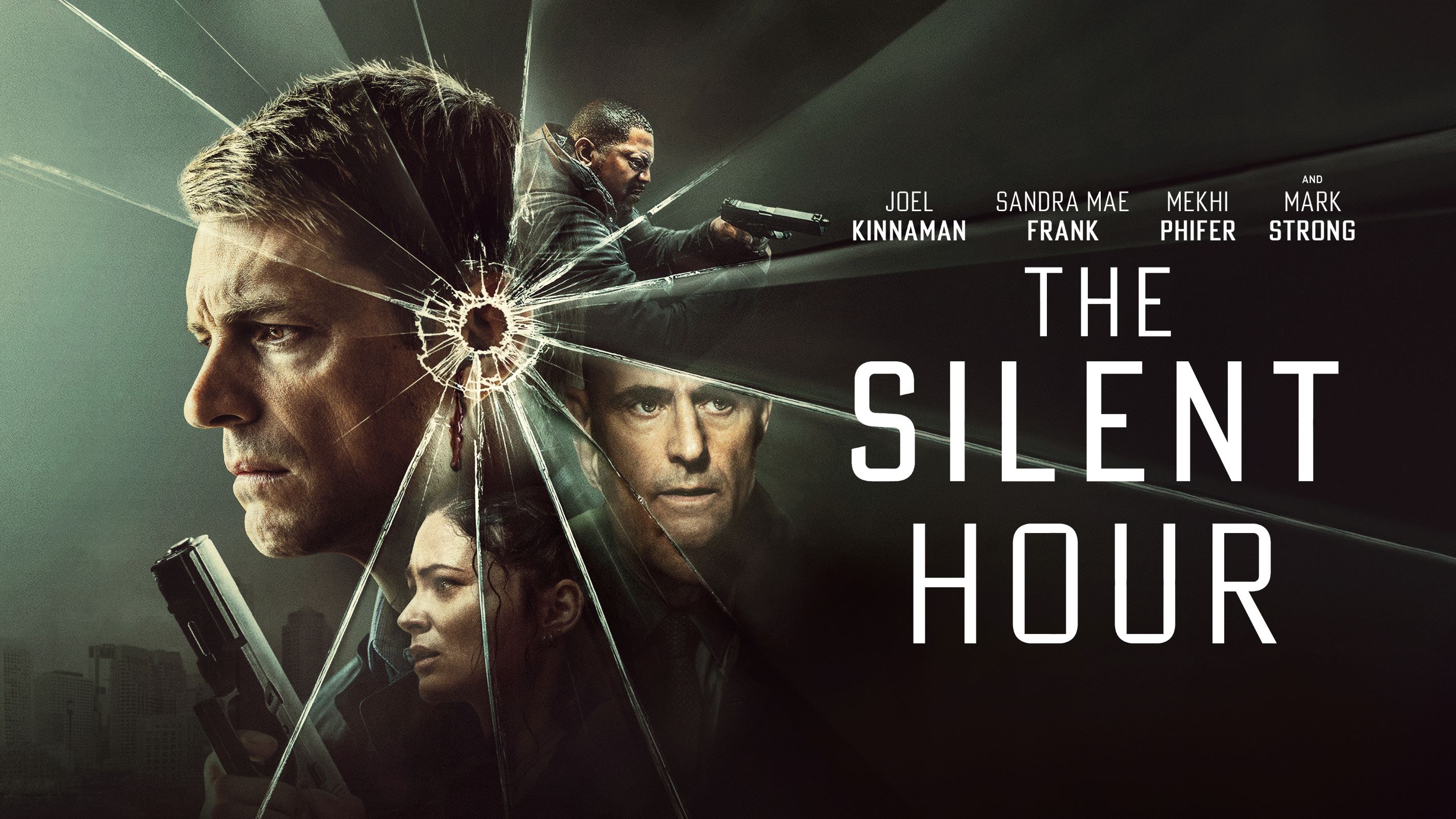I never thought I’d live to see Jean Reno in the twilight of his career forced to act opposite a snowdrift and lose. "Cold Blood Legacy" (also known simply as "Cold Blood," a name with all the intrigue of a tax filing) is the sort of movie you hope to find by accident at 2AM on cable—a tired assassin in a picturesque cabin, a mysterious young intruder, a snowstorm of clichés drifting in through every frame. What I didn’t expect: a genre film so inept, so embarrassing, that its only claim to suspense is whether any of the cast will make it to the next scene conscious.
From the first shots, you sense director Frédéric Petitjean’s idea of vision is to point the camera at whatever landscape is doing something pretty and then let the plot suffocate in the snowbanks. We’re meant to watch Henry, Jean Reno’s assassin-in-hiding, endure the strains of forced retirement, only to have those strains snapped not by an existential crisis or even, heaven forbid, an interesting adversary, but by Sarah Lind’s Charlie—a young woman with all the dynamism of a mannequin at a fire sale. The film fancies itself one of those elemental wintry thrillers: the lonely killer, the picturesque wilderness, secrets that thaw. Instead, it’s less Fargo and more White Noise—visual and dramatic.
Let’s talk about that plot. I use the word “plot” the way one might describe the tracks made by a runaway tractor in an empty field: You can follow the lines, but heaven help you if you try to find a reason for them. Timelines leap and lurch. We bounce from snow to sun, from rural cabin to urban cop shop, as if geography and weather are items on a lunch menu you can switch out at will. One moment it’s a serene winter wonderland, the next it’s a kind of discount Miami, all inexplicable brightness and hastily dropped story threads. If Picasso ever made a puzzle, and dropped the box into a blender, this would be his film.
Reno, that continental sphinx, tries gamely to sell us on Henry, his put-upon hitman. He moves through scenes looking as though he’s lost a bet, the script sparing him neither humiliation nor a single believable line. At one point he produces a shotgun from—well, somewhere the sun doesn’t shine, possibly rented wardrobe space. It’s an insult to props, to logic, to anyone who’s ever carried a purse. Reno could have played this role with tragic gravitas—instead, he’s left with nothing but knots in his brow and frost in his beard. He is the best thing here, but folks, a band-aid doesn’t save a decapitation.
Sarah Lind as Charlie, the would-be assassin, drifts through her revenge plot as if she’s waiting for someone to show her the way out—of both the cabin and the film. When she finally reveals her “twist”—that she has come to murder Henry—it lands with all the excitement of someone misplacing their library card. Here is an actress cast against herself every step of the way: the script gives her no backbone, the direction gives her no stakes. At best, she resembles a child reluctantly attending piano practice—with a gun.
But then, nobody comes out unscathed. The supporting cast is less “ensemble” and more “witness-protection placement list.” They march through scenes, repeating dialogue so weirdly translated and stiff, you begin to suspect the screenplay was generated by an AI that never learned idioms. There are moments of unintentional hilarity—characters swap tones from John le Carré to Bugs Bunny in less time than it takes to draw a carrot.
Petitjean’s directorial approach—if you can call it that—lurches between faux-severity and unplanned comedy. The film thinks it's a taut, morally ambiguous thriller. But every time it tries to muster gravitas, it stumbles and faceplants into slapstick. The climactic standoff might as well take place in a Bed Bath & Beyond. There is less genuine suspense than in your average soap commercial. By the time we arrive at the supposed emotional denouement, the only thing chilling is my willingness to endure one more faux-meaningful glance.
And there is, somewhere, the ghost of a theme. The icy depths of fate, vengeance, the moral price of killing—all given lip service and then abandoned the minute someone remembers they’re overdue for another chase scene or a bout of sub-par dialogue. "Did you kill my father?" "No, but let’s all sit in separate rooms and contemplate our childhoods." The questions of betrayal and revenge are posed and then treated with the depth of a Twitter poll. Nolan, Tarantino, even John Wick—all these films take the emotional core of vengeance and turn it into cinema you can feel in your teeth. Here it’s more like aspirin for insomnia.
Tonally, the movie is so confused you could chart its mood swings like a polygraph. Sometimes it wants to be high drama; more often it slides relentlessly into accidental farce. What was supposed to be a thriller instead peters out as a cautionary example of what happens when you mistake clichés for archetypes and bad editing for non-linear storytelling.
In the end, "Cold Blood Legacy" offers nothing but vistas you’ve seen before and dialogues you’ll struggle to forget soon enough. The only consistency is the breathtaking scenery—majestic and untouched, like a resigned extra in the world’s glummest travel ad. This is not a film for lovers of cinema; it’s a film for insomniacs, masochists, or the criminally nostalgic. Jean Reno, please forgive yourself and move on. As for the audience: save yourself the chill.
Final verdict: Watching “Cold Blood” is like being slapped in the face by an icicle for ninety minutes straight—visually frigid, emotionally leaden, and, oh, so deeply unnecessary. Even the wolves had better things to do.


